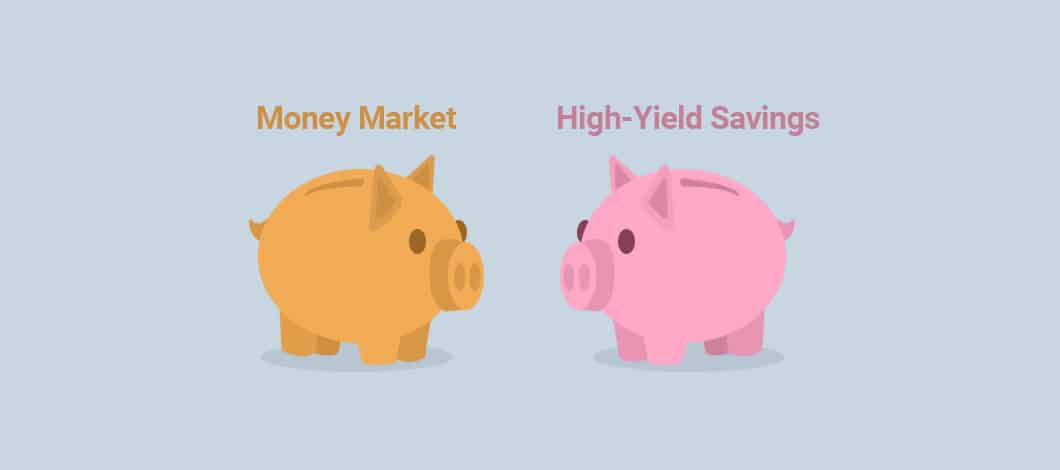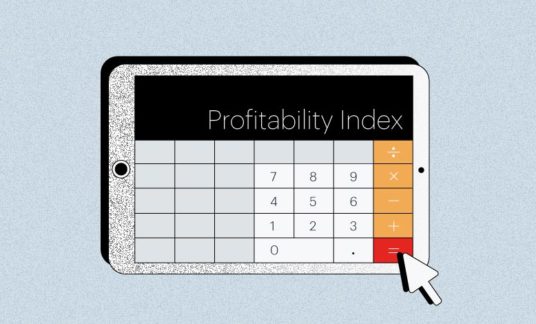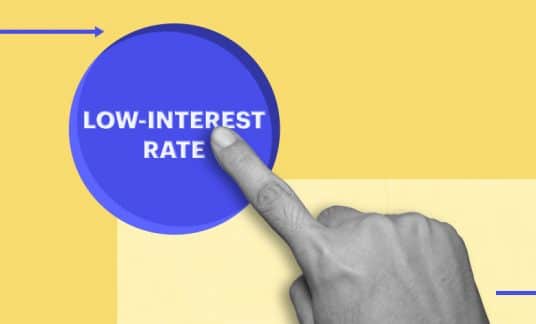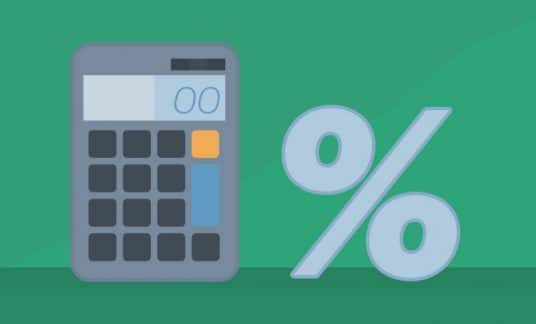Both money market and high-yield savings accounts provide a place for you to save profits from your business and earn interest. Which type of account works best for you will depend on whether you plan to write checks and how often you plan to access your money. Let’s take a closer look at money market vs. high-yield savings, the pros and cons of each, typical interest rates and alternatives.
The Difference Between Money Market and High-Yield Savings Accounts
Money market accounts function as a combination of a checking and savings account, letting you earn higher rates than a checking account while still being able to write some checks each month. High-yield savings accounts will pay an even higher rate of return but typically don’t allow you to write checks and limit the number of withdrawals you can make each month.
Money Market Accounts
Money market accounts (MMAs) are offered by banks and credit unions and typically provide check-writing privileges along with debit cards.
MMAs from banks are protected by the Federal Deposit Insurance Corp. (FDIC). The government agency protects you against loss of deposits if an insured bank fails, up to the amount of $250,000 for total accounts or $500,000 for joint accounts, including money market accounts.
MMAs at credit unions are backed by the National Credit Union Administration (NCUA), another government agency that protects against failed credit unions in the same amounts as the FDIC.
To open a money market account, you typically need to deposit a specified amount and may need to keep your balance above a threshold to avoid monthly service fees. However, some high-yield savings accounts have no monthly minimums or monthly fees.
The money market account’s typical interest rate will vary depending on the financial institution, the balance you maintain and the overall interest rate market. The national average for a money market account as of December 2021 was 0.07, according to the FDIC. You can find higher rates online, especially if you maintain $100,000 or more in the account.
Money Market Accounts: Pros
- Higher interest rates than checking or savings accounts
- FDIC or NCUA protection
- Check writing
- Debit cards
Money Market Accounts: Cons
- Limits on the number of transactions
- Minimal balance requirements
- Lower interest rates than high-yield savings accounts
Takeaway
Money market accounts are best used for short-term savings or if you need check-writing capabilities from your account.
High-Yield Savings Accounts
A high-yield savings account works similar to regular savings accounts, although some have a higher opening balance or minimum balance requirement. While you still have quick access to your savings, you don’t have the check-writing ability. You also will be limited to a set number of transactions each month.
High-yield savings accounts are offered by some banks and credit unions, although online-only banks or credit unions are the most common.
High-yield saving accounts also have the same FDIC or NCUA protections in case of bank or credit union failure, up to $250,000 for individuals or $500,000 for joint accounts.
In comparing a money market account vs a high-yield savings account, you will get a higher interest rate with the high-yield account. Interest rates for high-yield savings accounts can earn between 0.15% and 0.6% as of December 2021. Rates do tend to fluctuate more frequently with high-yield savings accounts.
High-Yield Savings Accounts: Pros
- Offers a higher interest rate than money market accounts
- FDIC or NCUA insured
- Accessible, although typically online only
High-Yield Savings Accounts: Cons
- Rates do tend to fluctuate more frequently with high-yield savings accounts
- Withdrawal limits
- Typically offered through online-only banks
Takeaway
High-yield savings accounts are best used for longer-term savings which you can still access quickly if needed.
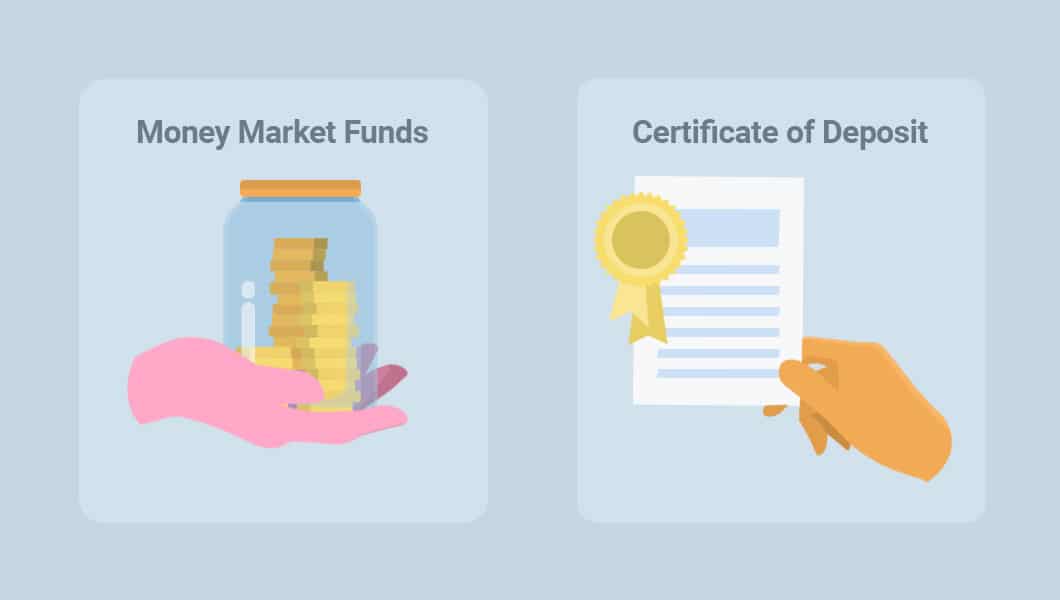
Alternatives to Money Market or High-Yield Savings Accounts
Other alternatives to either money market or high-yield savings accounts for business include money market funds or certificates of deposits.
Money Market Funds
Money market funds have some things in common with money market accounts, but there are some key differences.
Money market funds aren’t bank or credit union accounts. They are a type of mutual fund, which means they pool dollars from participants and invest in high-quality securities with short terms, such as:
- Government securities, such as U.S. Treasury bills
- Tax-exempt municipal securities
- Corporate debt securities
The Investment Company Institute (ICI) estimates more than $4.67 trillion is invested in money market funds.
Money market funds will generally have a higher rate of return than money market accounts. Offered by investment firms, financial service companies and brokerages, there is no guarantee on returns.
While they are considered a low-risk investment, money market funds also do not have protection from the FDIC or NCUA. They fall under the guidance of the Securities and Exchange Commission (SEC), which doesn’t guarantee investments.
When you invest in a money market mutual fund, you will be required to make a minimum initial investment. There may be minimum balance requirements and fees charged by the fund for management.
Money market funds typically provide interest between 1% and 3% per year, but they assess management fees. Investors will want to closely examine expense ratios, which is the percentage charged annually. ICI reports that the average expense ratio was 0.22% in 2020 which is deducted from any interest earned, so investors will want to compare the total yield when comparing rates on high-yield savings vs. money market funds.
Money Market Funds: Pros
- Higher interest rates than money market accounts or high-yield savings accounts
- Considered low-risk
- Typically don’t require monthly minimums
- No fees for investing or withdrawing funds
Money Market Funds: Cons
- No federal protection
- No guarantee against losses
- Management fees
Takeaway
Money market funds are best used for savings with a higher rate of return than bank or credit union accounts with less volatility than the stock or bond markets.
Certificates of Deposit
A certificate of deposit (CD) pays a guaranteed interest rate but doesn’t allow withdrawals without paying a penalty. Issued through banks, credit unions and online financial institutions, CDs are considered one of the safest places to save money. They are guaranteed by the FDIC or NCUA the same as checking or savings accounts and provide a predictable and guaranteed return with fixed rates in most cases.
Opening a CD will require you to choose the amount of deposit you want to make and choose the length of time you agree to keep your money tied up. Terms can range from 30 days to 10 years or longer depending on who you do business with. The longer the term, the higher interest you generally will earn. Once a CD matures (hits the term), you can withdraw the money along with interest.
You can get your money out early in most cases, but you will likely pay a significant penalty fee if you do.
The average CD rates for a one-year term is around 0.13% and a 5-year term is around 0.28%. It is possible, however, to find higher rates for CDs.
Certificates of Deposit: Pros
- Guaranteed returns
- FDIC or NCUA insured
- Higher rates compared to savings accounts or money market accounts
Certificates of Deposit: Cons
- Hefty penalties for early withdrawal, including loss of interest
- Typically lower returns than stocks or mutual funds
- Once rates are locked in, you may not be able to adjust if rates go up
Takeaway
There are CD products on the market that do let you take advantage of higher rates if they become available. Step-up or bump-up CDs may offer opportunities to adjust rates during the term while others offer blended yields which increase periodically throughout the term.
CDs are best used for investors that want a guaranteed return and don’t need access to the funds during the term.



